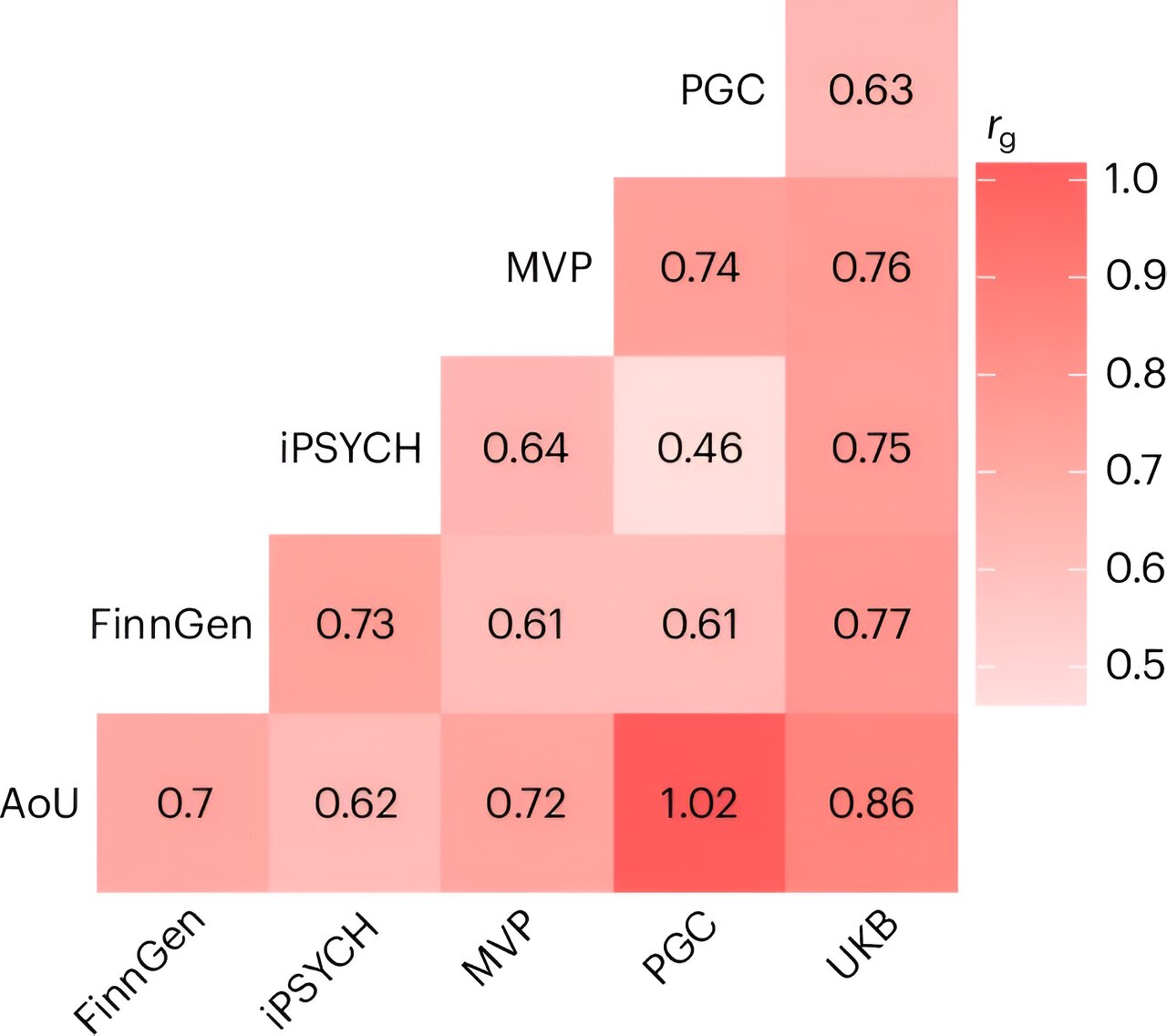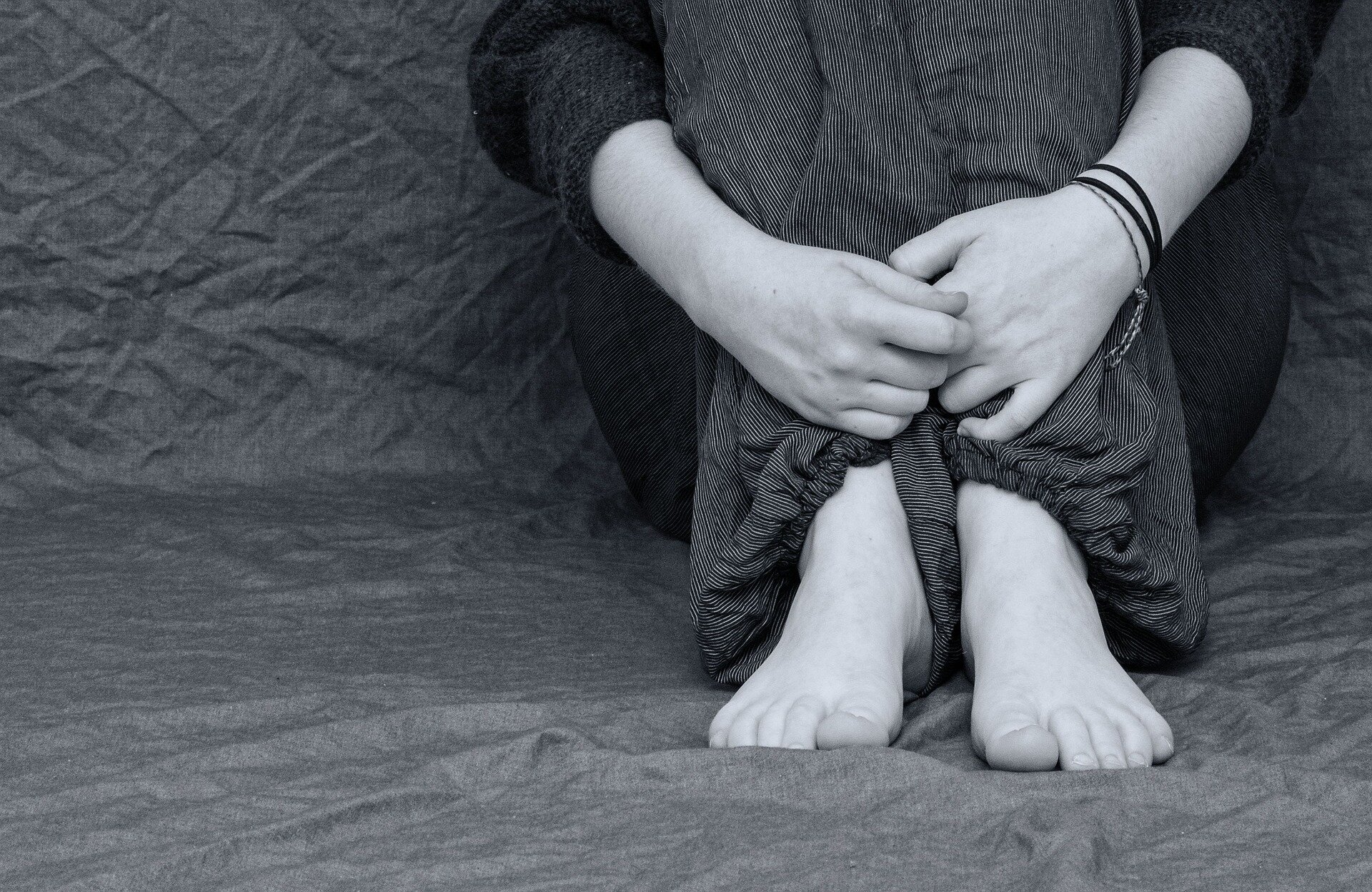
Investigators from the Yale Department of Psychiatry investigated the genetic profiles of more than 1 million participants enrolled in multiple cohorts around the world. Leveraging this large dataset, they uncovered more than 100 genes associated with anxiety.
The results were published in Nature Genetics.
Anxiety disorders and symptoms affect many individuals with a negative impact on people’s quality of life. Understanding their genetic predisposition can have major implications for developing more effective therapies and treatments to reduce anxiety’s harmful consequences.
“This effort highlights the power of large-scale genetic studies to dissect the complex pathogenesis of anxiety demonstrating how multiple genes acting on different brain functions contribute to defining individual genetic risk,” said Renato Polimanti, Ph.D., associate professor of psychiatry at Yale School of Medicine and senior author of the study.
“These findings open new possibilities to understand the molecular basis of psychopathology and assess the mechanisms responsible for the comorbidity between anxiety and other negative health outcomes.”
Integrating genetic information with other molecular features, the scientists understood how genes can act on different brain structures to increase the risk of developing anxiety disorders and symptoms. They also observed that some anxiety-associated genes can also predispose to other mental illnesses, including depression, schizophrenia, and bipolar disorder.
In line with anxiety comorbidity with physical health, the study also demonstrated that anxiety genetic risk is also correlated with non-psychiatric conditions. In particular, the strongest evidence was observed with gastrointestinal disorders and pain-related outcomes.
“Studying anxiety disorders across five different ancestries for the first time, we were able to discover the genetic architecture of anxiety disorders with more power for genetic association,” said Eleni Friligkou, MD, psychiatry resident in the Neuroscience Research Training Program and first author of the study.
“Our effort highlights the importance of increasing diversity in genetic studies to better understand ancestry-specific correlates of anxiety disorders, but also to leverage the power of cross-ancestry genetic discovery.”
More information:
Eleni Friligkou et al, Gene discovery and biological insights into anxiety disorders from a large-scale multi-ancestry genome-wide association study, Nature Genetics (2024). DOI: 10.1038/s41588-024-01908-2
Citation:
Scientists uncover genetic predisposition to anxiety (2024, September 20)
retrieved 21 September 2024
from https://medicalxpress.com/news/2024-09-scientists-uncover-genetic-predisposition-anxiety.html
This document is subject to copyright. Apart from any fair dealing for the purpose of private study or research, no
part may be reproduced without the written permission. The content is provided for information purposes only.


